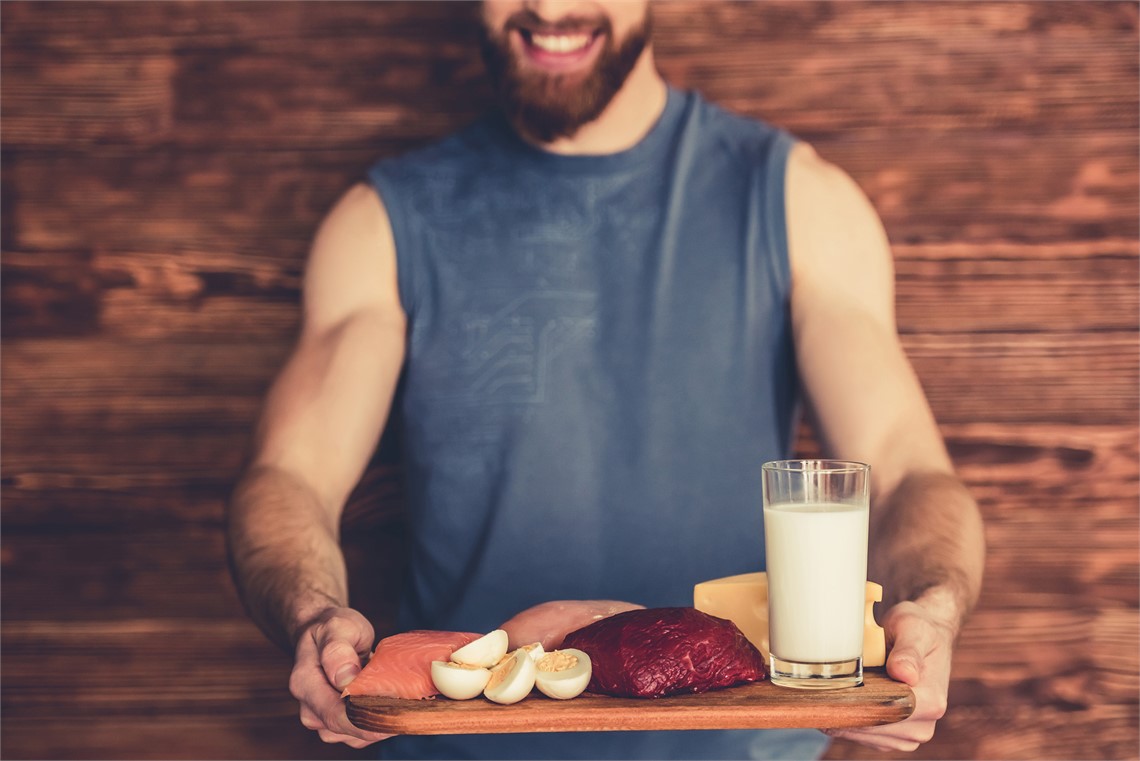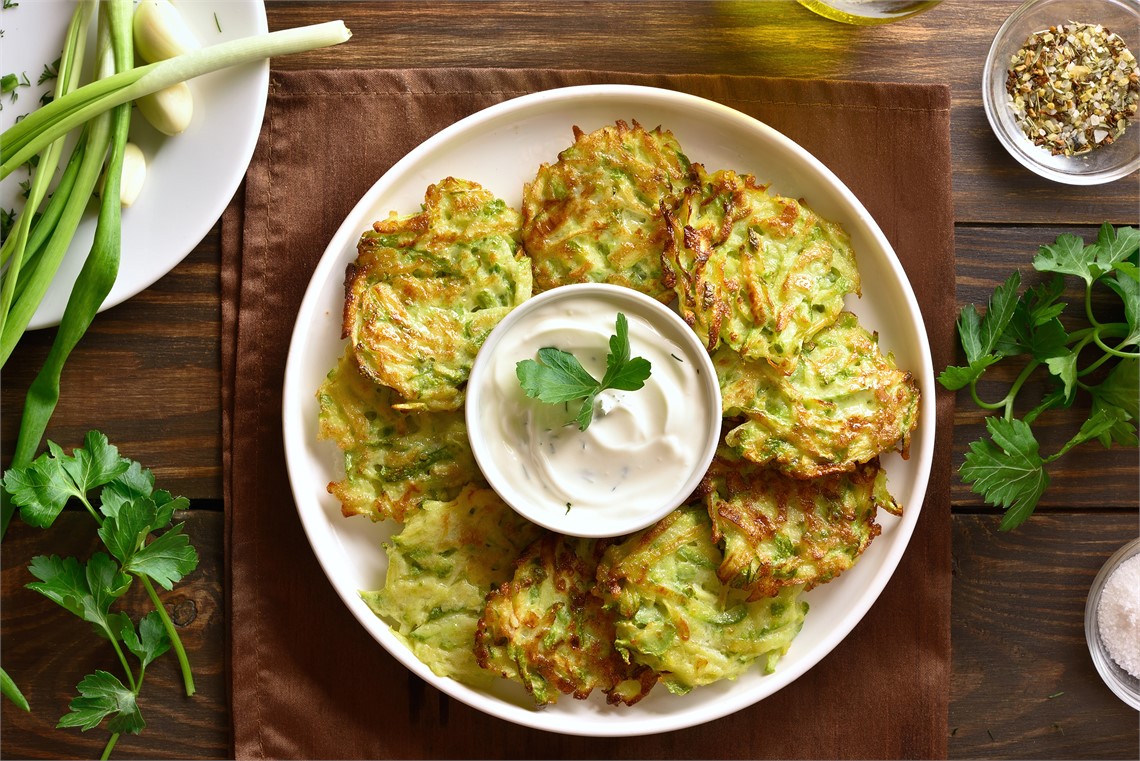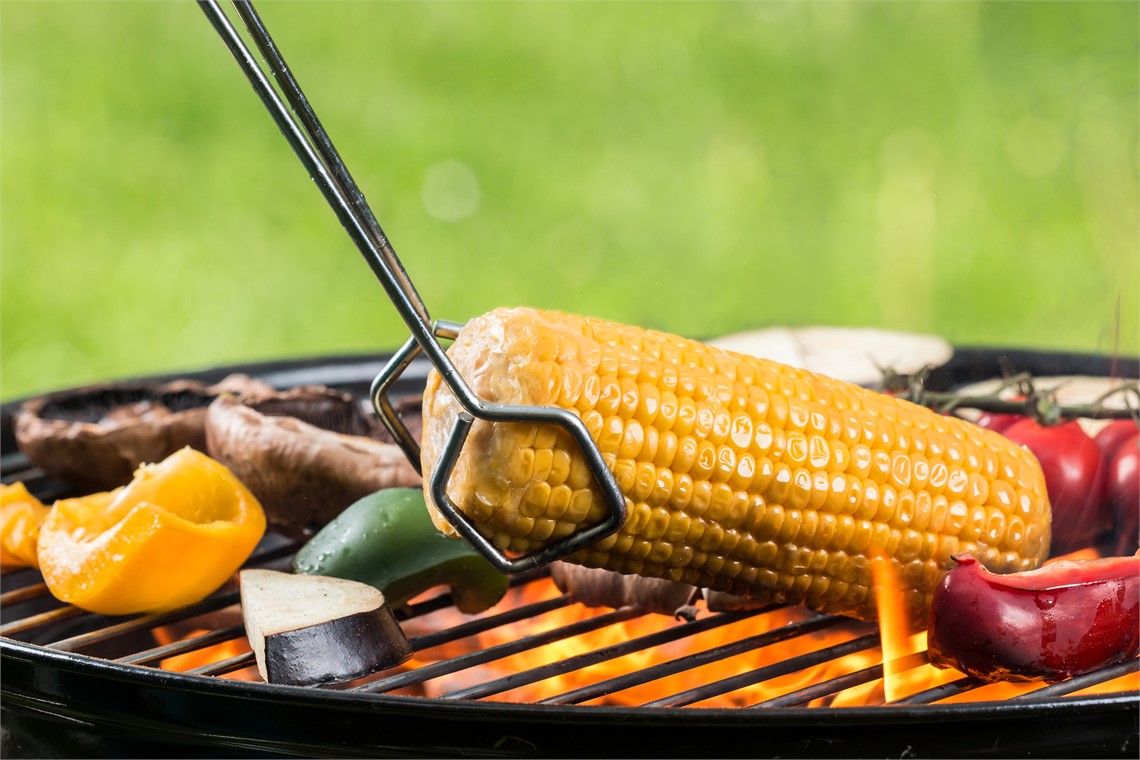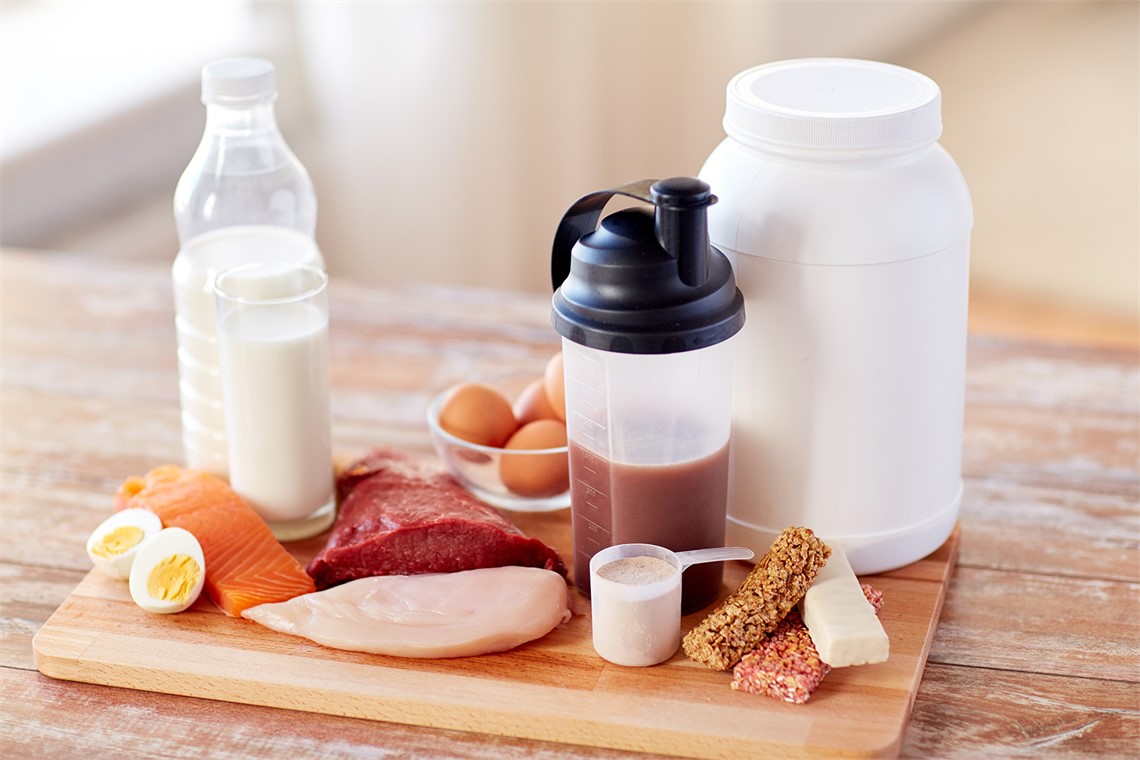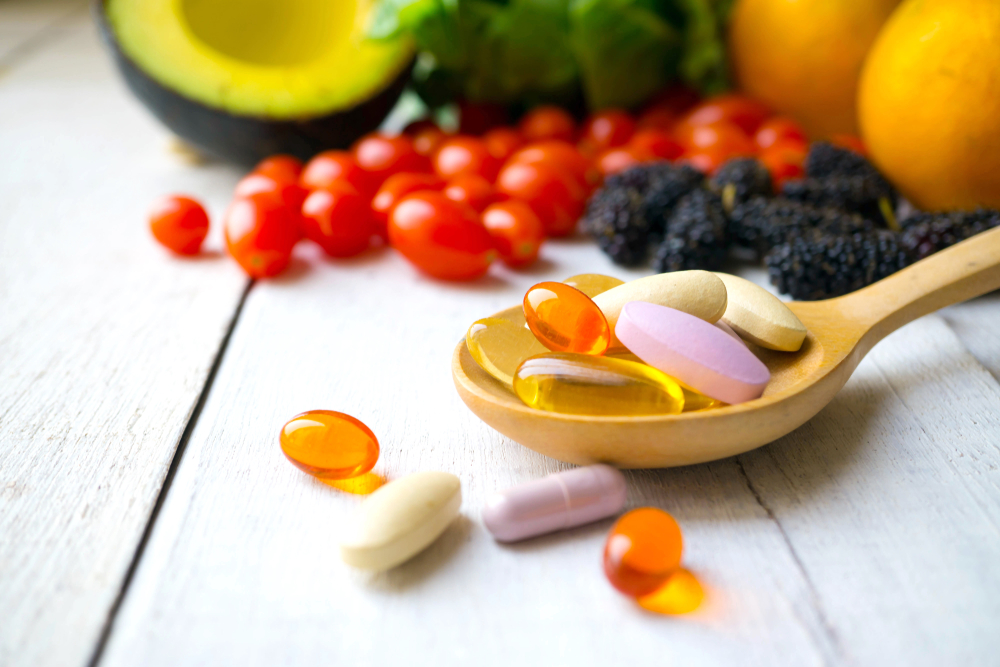Running can strain the knees, ankles and hips. So, if you are training for the Sanlam Cape Town Marathon, listen up: Mother Nature has a variety of helpers we can use to support our joints. Fedhealth Dream Chasers dietician Andrea du Plessis tells us more.
Did you know?
While many people think fish oils improve joint mobility by “greasing” stiff, painful joints, it’s not the case. Fish oil benefits joint mobility through the anti-inflammatory effects of the omega-3 fatty acids found in oily fish, which reduces swelling and pain in joints, while easing up joint mobility.
Assessment first
If you struggle with joint pain during or after running, consult a physiotherapist first to find out the cause and severity of the injury. The diagnosis would determine the action plan, which may include specific exercises (or no exercise at all), strapping or prescription medication where needed.
A visit to a biokineticist is highly recommended to ensure you do the correct exercises with the correct body posture, to protect your joints. In cases of injury, a biokineticist or a physiotherapist can provide a rehabilitation programme to support joint recovery and muscle strengthening.
What a bummer!
Did you know that many runners develop knee pain due to lazy glutes (buttock muscles). A visit to a biokineticist or physiotherapist can teach you some exercises to strengthen your glutes, which could help to reduce strain on your knees while running. Even if you don’t suffer from any joint injuries and you run with a good posture, joint pain and discomfort is very common among runners.
Joint supplements
- Omega-3 fatty acids support the management of arthritis through their anti-inflammatory properties, which may help relieve swelling of painful joints.
- Magnesium has mild anti-inflammatory effects, which helps in the reduction of joint pain. Methylsulfonylmethane (MSM) inhibits degenerative changes in the joint tissues and can assist in the recovery from ligament and joint injuries. MSM can also help to reduce joint pain through its mild anti-inflammatory properties.
- Chondroitin assists with the management of joint pain and supports healthy joints.
- Glucosamine is found in especially high concentrations in cartilage tissues of joints, as it forms major cushioning ingredients of the joints and surrounding tissues. Daily supplementation supports joint health and joint mobility.
Foods to eat
While arthritis sufferers need to limit their intake of red meat and alcohol, there are some foods that benefit the joints:
- Oily fish: Sardines, pilchards, mackerel and salmon are rich in omega-3 oils. Tinned sardines or salmon make delicious fish cakes; or try a fish pie with a mashed sweet potato topping.
- Ginger: Ginger has mild anti-inflammatory and pain-relieving effects. Add fresh, finely grated ginger into a homemade dressing of garlic, olive oil, lemon and honey for salads or veggies. Flavour your favourite chicken, meat or fish dishes with grated fresh ginger, crushed garlic and soy sauce.
For more information, visit capetownmarathon.com or for any nutrition related questions, contact Andrea du Plessis on 084 403 6018, email andreaduplessis28@gmail.com or go to www.facebook.com/andreaduplessis.nutrition.expert











